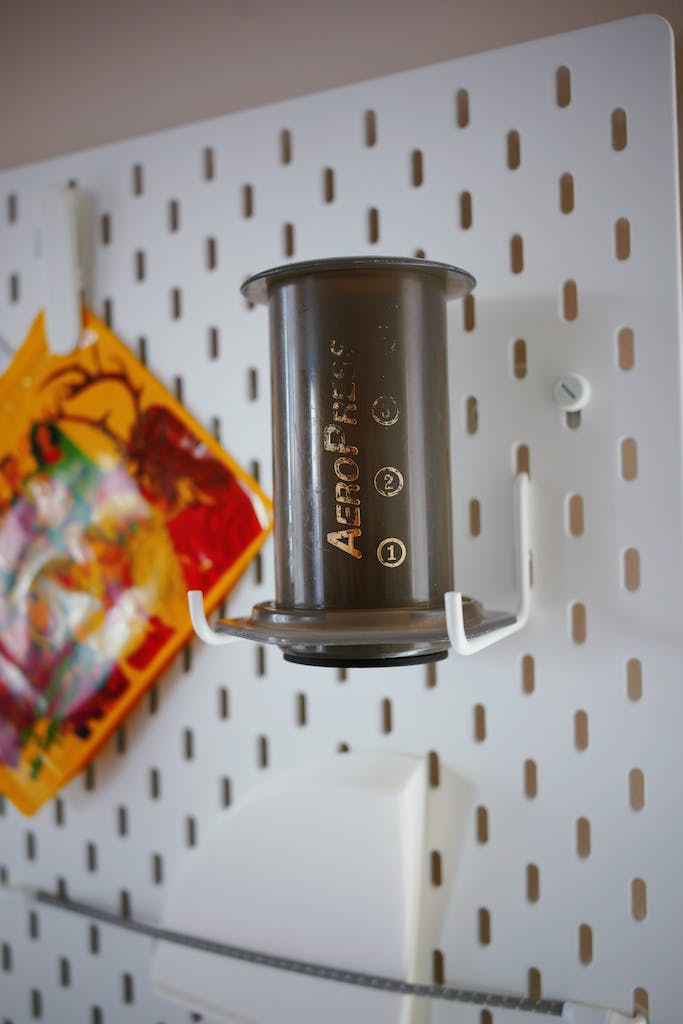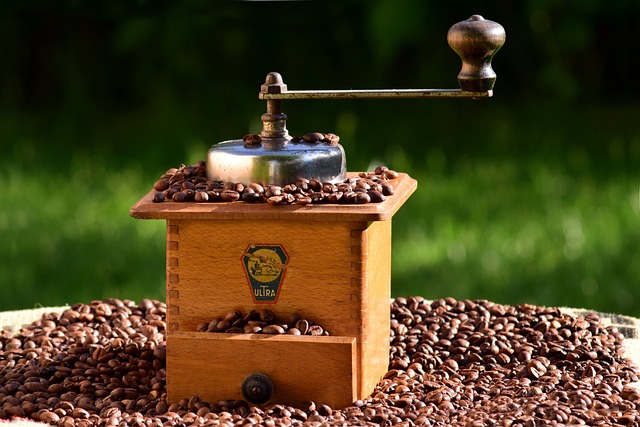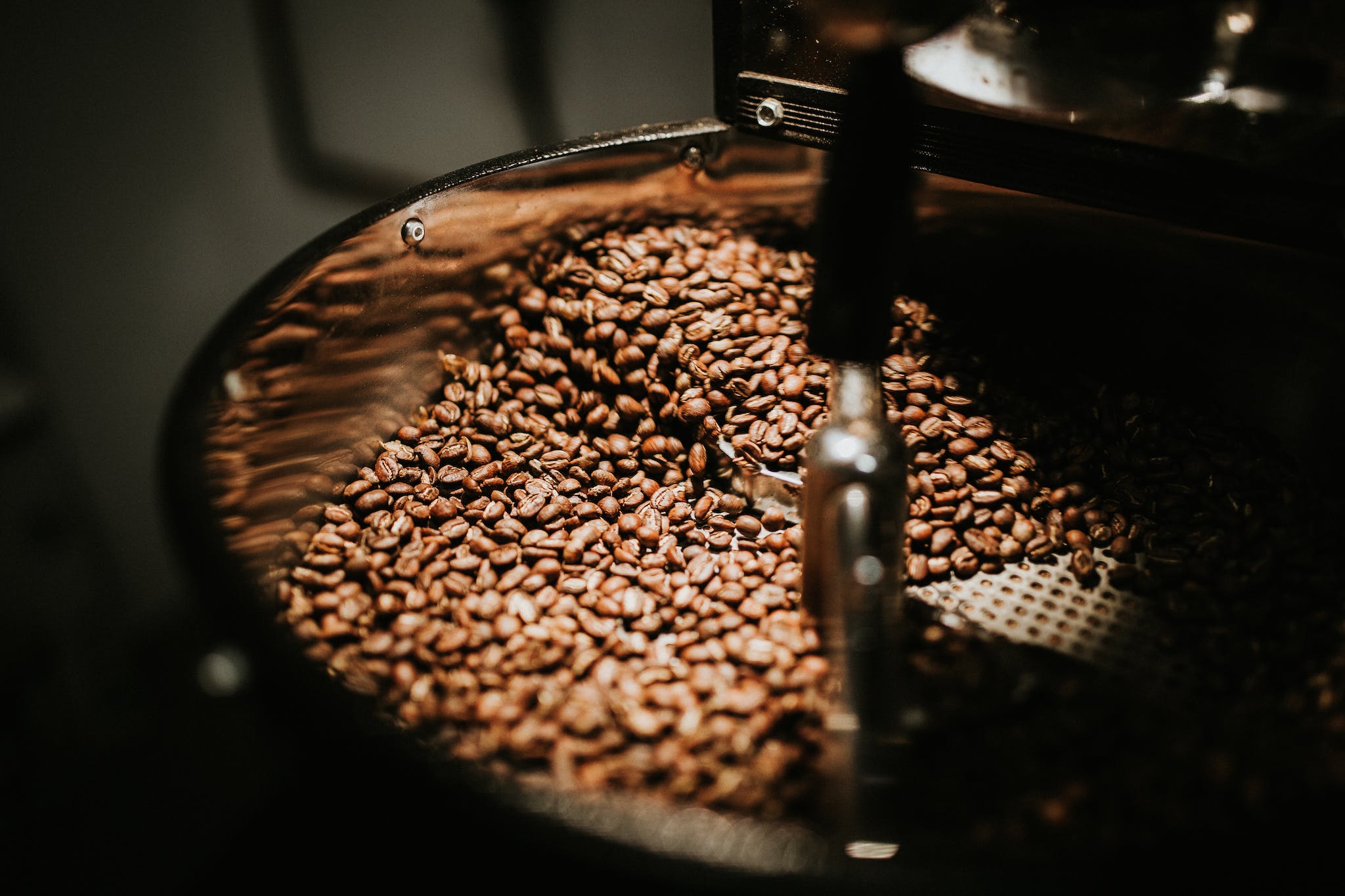Benefits of French Press Coffee: Guide for Rich Brew
There are some affiliate links below, but they are all products I highly recommend. For more info, view my disclosure here.
If you’re a coffee lover, you’ve probably heard of the French press. This classic coffee brewing method has been around for over a century and is still popular today. The French press, also known as a press pot or plunger pot, is a simple device that uses a stainless steel or glass carafe and a plunger with a mesh filter to brew coffee.
One of the main benefits of using the French press method is the rich, full-bodied flavor it produces, and the complete control of the brew cycle. The mesh filter allows the coffee oils and flavors to pass through into your cup, resulting in a more robust and flavorful brew.
The French press allows you to control the brewing time and water temperature, which can affect the taste of your coffee. With a French press, you can experiment with different brewing times and temperatures to find the perfect balance for your taste buds. This brew method makes some amazingly great coffee!
The French Press Coffee Maker
If you are a coffee lover, you have probably heard of the French press coffee maker. This simple yet effective device is a staple in many coffee enthusiasts’ kitchens due to its ease of use and ability to produce a rich and flavorful cup of coffee. In this section, we will explore the evolution of French presses and the design and components of this popular coffee maker.
Evolution of French Presses
The French press coffee maker has been around for over 100 years, and its design has evolved over time. The first French press was invented in France in the mid-1800s and consisted of a metal or cheesecloth filter attached to a rod. This design was improved upon in the early 1900s when a patent was granted for a glass and metal French press.
Today, French presses come in a variety of materials and designs, including glass, stainless steel, and ceramic. Some models even have insulated walls to keep your coffee hot for longer while offering delicious coffee.
Design and Components
The French press coffee maker consists of a few simple components: a carafe, a plunger, and a filter. The carafe is typically made of glass or stainless steel and holds the coffee. The plunger is a metal or plastic rod with a mesh filter attached to the bottom. The filter is usually made of stainless steel and fits snugly into the carafe.
To make coffee with a French press, you first add your coffee grounds to the carafe and pour hot water over them. After a few minutes, you use the plunger to push the grounds to the bottom of the carafe and separate them from the coffee. The mesh filter ensures that no grounds make it into your cup, resulting in a smooth and delicious cup of coffee.
One of the benefits of using a French press is that it allows you to control the strength of your coffee. By adjusting the amount of coffee grounds and water you use, you can create a cup of coffee that is perfectly tailored to your taste.
The French press coffee maker is a simple and effective way to make a delicious cup of coffee. Its design has evolved over time, and today, there are many different models to choose from. By understanding the components and how to use a French press, you can enjoy a rich and flavorful cup of coffee in the comfort of your own home.
Brewing the Perfect Cup
To brew the perfect cup of French press coffee, you need to pay attention to three key factors: coffee-to-water ratio, grinding the beans, and water temperature and brewing time.
Coffee-to-Water Ratio
Getting the right coffee-to-water ratio is crucial for a great cup of coffee. A general rule of thumb is to use one tablespoon of ground coffee per four ounces of water. However, you can adjust this ratio based on your personal preferences. If you like your coffee stronger, you can use more coffee. If you prefer a milder taste, you can use less coffee.
Grinding the Beans
The grind of your coffee beans is also important. For French press coffee, you want a coarse grind. If the grind is too fine, it can lead to over-extraction and a bitter taste. A coarse grind allows the water to flow through the grounds more slowly, resulting in a smoother and more flavorful cup of coffee.
Water Temperature and Brewing Time
The water temperature and brewing time are the final pieces of the puzzle. The water should be heated to around 200°F (93°C) before being poured over the coffee grounds. Let the coffee steep for four minutes before pressing the plunger down.
It’s important to note that the brewing time can also affect the coffee-to-water ratio. If you let the coffee steep for too long, it can become over-extracted and bitter. If you don’t let it steep long enough, it can be weak and watery.
By paying attention to these factors and experimenting with different ratios and brewing times, you can find the perfect cup of French press coffee for your taste buds.
Health and Wellness Benefits
Reducing Disease Risks
French press coffee offers a range of health benefits that can help reduce the risk of various diseases. According to recent studies, coffee consumption is linked to a lower risk of developing esophageal cancers. The antioxidants found in coffee are believed to help prevent cell damage and reduce inflammation, which can lead to a lower risk of cancer.
In addition to reducing the risk of cancer, coffee consumption has also been linked to a lower risk of heart disease. The antioxidants found in coffee can help reduce inflammation in the body, which can lead to a lower risk of heart disease. Drinking coffee has also been shown to lower blood pressure, which is another risk factor for heart disease.
Heart Health and Cholesterol
Drinking French press coffee may also have a positive effect on your cholesterol levels. Studies have shown that coffee consumption can increase HDL cholesterol levels, which is the “good” cholesterol that helps remove “bad” cholesterol from the body. This can help reduce the risk of heart disease and stroke.
Furthermore, French press coffee contains compounds called diterpenes, which have been shown to have cholesterol-lowering effects. These compounds can help reduce the amount of “bad” cholesterol in the body, which can help lower the risk of heart disease.
French press coffee offers a range of health benefits that can help improve your overall health and wellness. By reducing the risk of various diseases and promoting heart health, drinking French press coffee can be a great addition to your daily routine.
Comparing Brewing Methods
French Press vs. Drip Coffee
When it comes to making coffee at home, two of the most popular brewing methods are the French press and drip coffee. The French press involves steeping coffee grounds in hot water for several minutes before pressing the plunger down to separate the grounds from the coffee. Drip coffee, on the other hand, involves hot water being dripped through a filter containing coffee grounds.
One advantage of the French press is that it allows for more control over the brewing process. You can adjust the steeping time and water temperature to suit your preferences, resulting in a more personalized cup of coffee. Drip coffee makers, on the other hand, typically have pre-set brewing times and temperatures, which can limit your ability to customize your coffee.
Another advantage of the French press is that it produces a richer, fuller-bodied cup of coffee. This is because the coffee grounds are in contact with the water for a longer period of time, allowing more of the coffee’s oils and flavors to be extracted. Drip coffee, on the other hand, can produce a lighter, more delicate cup of coffee.
French Press vs. Espresso Machine
Espresso machines are another popular brewing method, particularly for those who enjoy strong, concentrated coffee. Espresso is made by forcing hot water through finely ground coffee beans under high pressure. This results in a small, concentrated shot of coffee that is often used as the base for other coffee drinks, such as lattes and cappuccinos.
Compared to the French press, espresso machines are more expensive and require more skill to use. However, they do offer the advantage of producing a more concentrated cup of coffee. If you prefer a stronger, more intense coffee flavor, an espresso machine may be a better choice for you.
French Press vs. Cold Brew
Cold brew coffee is a popular alternative to traditional hot coffee, particularly during the summer months. Cold brew involves steeping coffee grounds in cold water for an extended period of time, typically 12-24 hours. This results in a smooth, low-acid cup of coffee that is often served over ice.
Compared to the French press, cold brew requires more time and patience. However, it does offer the advantage of producing a less acidic cup of coffee. This can be beneficial for those who experience stomach discomfort or heartburn after drinking hot coffee. Cold brew can be made in large batches and stored in the refrigerator for several days, making it a convenient option for busy mornings.
Overall, the choice of brewing method comes down to personal preference. Each method has its own advantages and disadvantages, and the best choice will depend on your taste preferences, budget, and lifestyle.
Taste and Aroma Profiles
French press coffee is known for its rich and flavorful cup of coffee, which is why it has become a popular brewing method among coffee enthusiasts. The taste and aroma profiles of French press coffee are unique, and the brewing process plays a significant role in achieving the desired results.
Extraction of Oils and Flavors
One of the reasons why French press coffee is so flavorful is because it extracts coffee oils and essential oils from the coffee beans. When you use a French press, the coffee grounds are steeped in hot water, and the oils are released into the coffee. This results in a full-bodied and rich cup of coffee that is bursting with flavor.
The metal mesh filter of a French press allows for the coffee oils and essential oils to pass through, which is why French press coffee has a more robust flavor profile compared to other brewing methods. The oils give the coffee a smooth and creamy texture, making it a delight to drink.
Impact of Freshness on Taste
Fresh coffee is essential when it comes to French press brewing. The coffee beans should be freshly roasted, and the coffee should be ground just before brewing. This ensures that the coffee is at its peak flavor and aroma.
If the coffee is not fresh, the flavor and aroma profiles will be affected. Stale coffee can taste flat and lack the complexity that fresh coffee offers. Therefore, it is crucial to use fresh coffee when brewing French press coffee to ensure that you get the most delicious cup of coffee possible. It also depends on the type of roast you prefer. I personally prefer dark roasts. Here’s how to find the best coffee roast for you!
The taste and aroma profiles of French press coffee are unique, and the brewing process plays a significant role in achieving the desired results. Extraction of coffee oils and essential oils, as well as the freshness of the coffee, are essential factors that contribute to the flavor and aroma profiles of French press coffee.
Practical Benefits of French Press
Ease of Use and Cleaning
French press coffee makers are incredibly easy to use and require no special skills or knowledge to operate. All you need to do is add coffee grounds and hot water to the carafe, let it brew for a few minutes, and then press down the plunger to separate the grounds from the coffee. This simplicity makes it a great option for those who want a quick and easy way to make coffee at home.
Cleaning a French press is also a breeze. Unlike other coffee makers that require you to disassemble and clean multiple parts, all you need to do with a French press is rinse it out with water and give it a quick scrub with a sponge. This makes it a great option for those who want a low-maintenance coffee maker that can be easily cleaned up after use.
Durability and Portability
French press coffee makers are built to last. Made from sturdy materials like stainless steel and borosilicate glass, they can withstand regular use without breaking or wearing down. This makes them a great investment for those who want a coffee maker that will last for years to come.
French press coffee makers are portable and can be taken with you wherever you go. Whether you’re camping, traveling, or just want to enjoy a cup of coffee while at work, a French press is a great option. They’re lightweight and easy to pack, making them a convenient choice for those who want to enjoy their coffee on the go.
Overall, the practical benefits of French press coffee makers make them a great option for those who want a simple, easy-to-use coffee maker that can be easily cleaned and will last for years to come.

Advanced Tips for French Press Enthusiasts
Personalizing Your Brew
As a coffee enthusiast, you know that the perfect cup of coffee is all about personal preference. With a French press, you have the ability to customize your brew to your liking. Here are a few tips to help you personalize your French press coffee:
- Adjust the grind: Experiment with different grind sizes to find the perfect balance between flavor and strength. A coarser grind will give you a lighter, less bitter cup, while a finer grind will produce a stronger, more full-bodied brew.
- Play with the ratio: The standard French press ratio is 1:15 (one part coffee to 15 parts water), but feel free to adjust this to your liking. If you prefer a stronger cup, try using a 1:12 ratio. For a milder brew, go with a 1:18 ratio.
- Control the steep time: The longer you steep your coffee, the stronger it will be. If you prefer a milder cup, try steeping for just 3-4 minutes. For a stronger brew, go for 5-6 minutes.

Maintaining Your French Press
To ensure that you always get a great cup of French press coffee, it’s important to take good care of your equipment. Here are a few tips to help you maintain your French press:
- Clean it regularly: After each use, rinse your coffee press with hot water and dish soap.
- Rinse the filter: Run your coffee plunger under warm water to rinse off any grounds.
- Store it properly: When not in use, store your French press in a cool, dry place. Avoid leaving it in direct sunlight or near a heat source, as this can damage the glass.
By following these simple tips, coffee lovers can enjoy a great cup of French press coffee every time. Happy brewing!






